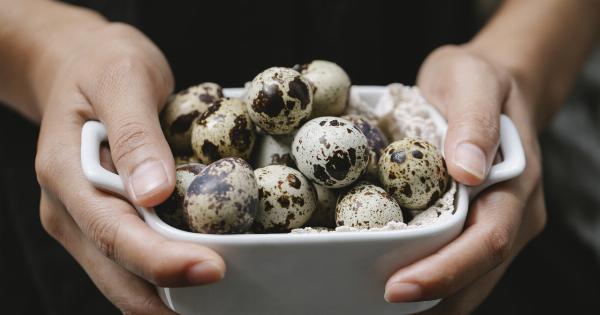In vitro fertilization (IVF) is a type of assisted reproductive technology that helps individuals or couples conceive a child. The process involves combining an egg and sperm in a laboratory dish to create an embryo.
The embryo is then implanted in the woman’s uterus in the hopes of achieving a successful pregnancy.
How IVF Works
IVF typically involves several steps, including:.
- Stimulation of the ovaries to produce multiple eggs
- Retrieval of the eggs from the ovaries
- Fertilization of the eggs with sperm in a laboratory dish
- Monitoring of the developing embryos
- Transfer of the embryo(s) to the uterus
The Physical Cycle and IVF
Recent advancements in IVF have allowed for a new technique that uses a woman’s natural physical cycle to optimize the success of the procedure.
This technique, called Natural IVF or Mini IVF, involves using little to no medication to stimulate the ovaries, relying instead on the woman’s natural cycle to produce one or two eggs.
Mini IVF
Mini IVF uses a shorter and less intensive medication protocol than traditional IVF to stimulate the growth of the follicles. This results in the production of fewer eggs, usually one or two, which are retrieved and fertilized in the laboratory.
The resulting embryos are then implanted in the uterus.
Benefits of Mini IVF
One of the main benefits of Mini IVF is the reduced overall cost of the procedure compared to traditional IVF. Additionally, the individual undergoing the procedure experiences fewer side effects from the lower dosage of medication.
The procedure also carries a lower risk of multiple pregnancies.
Risks of Mini IVF
As with any medical procedure, there are potential risks associated with Mini IVF. These risks include:.
- Failure to produce viable eggs
- Low success rates, especially for individuals over the age of 35
- Increased risk of ectopic pregnancy
- Multiple pregnancies, although the risk is lower than with traditional IVF
Who is a Good Candidate for Mini IVF?
Mini IVF may be a good option for individuals who:.
- Have low egg counts or poor egg quality
- Cannot tolerate high doses of medication
- Have religious or ethical objections to traditional IVF
- Are trying to conceive on a limited budget
Conclusion
Mini IVF offers a new and innovative technique for couples trying to conceive. While it may not be suitable for everyone, it can be a good option for those who are looking for a lower-cost, lower-risk alternative to traditional IVF.





























